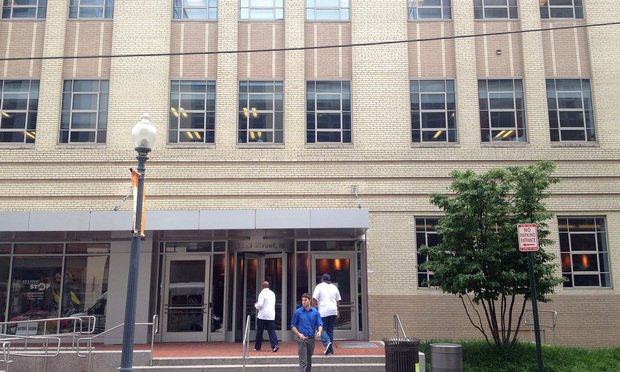
EEOC Affirms Protections for Religious Staffing, Post-Bostock
In commemoration of LGBTQ+ Pride Month and the one-year anniversary of the U. S. Supreme Court’s ruling in Bostock v. Clayton County, the U.S. Equal Employment Opportunity Commission (EEOC) issued a press release on June 15 announcing the publication of various resources “to educate employees, applicants and employers about the rights of all employees, including lesbian, gay, bisexual and transgender workers, to be free from sexual orientation and gender identity discrimination in employment.” Among the resources is a new FAQ document detailing protections against LGBT employment discrimination. The FAQ document notes that the employment decisions of religious employers remain strongly protected in various ways. The document links to EEOC guidance about religious discrimination that was revised at the end of the Trump administration. This updated official guidance, still maintained under the Biden administration, explains that the religious staffing freedom for religious organizations protects them even if an applicant or employee alleges sexual orientation or gender identity discrimination.
In its 2021 Bostock decision, the Supreme Court ruled that the prohibition of sex discrimination in employment in Title VII of the 1964 Civil Rights Act is necessarily also a prohibition of employment discrimination on the bases of sexual orientation and gender identity. The majority opinion emphasized, however, that its decision applied only to secular employees, noting that the employment decisions of religious employers are uniquely protected in three separate ways: by a religious organization exemption in Title VII itself, by a ministerial exception created by the courts in response to the religious freedom protections of the First Amendment, and by the requirements of the Religious Freedom Restoration Act (RFRA). The Bostock opinion, on the other hand, did not specify how the prohibition of sexual orientation and gender identity discrimination applies to religious employers in light of those three sources of protection from employment law requirements.
On January 15, 2021, the U.S. Equal Employment Opportunity Commission (EEOC) issued rewritten guidance on “religious discrimination” in employment. This guidance is for EEOC officials who enforce Title VII and for religious and secular employers that are subject to Title VII (i.e., those with 15 or more FTE employees). It accounts for the Bostock decision, but, unlike the Court, it also specifies how the expanded nondiscrimination requirements of Title VII apply to religious employers. The rewritten guidance affirms extensive protections for the decisions of religious employers. For example, it notes that, while religious employers, just as secular employers, are subject to the prohibitions of discrimination based on sex, sexual orientation, gender identity, national origin, etc., religious employers can defend against a charge of illegal discrimination by showing that they made the decision based on religion, as is their protected right. The guidance also discusses the protections provided by the ministerial exception and by RFRA.
With the recent change in federal administrations and significant EEOC staff turnover, the EEOC may revisit the guidance on religious discrimination and, in particular, its interpretations of various protections for religious staffing. But for now, during Pride Month, the EEOC has forthrightly noted that federal employment civil rights law post-Bostock continues to protect strongly the freedom of religious organizations to maintain staff committed, in belief and conduct, to the employer’s religious convictions.
